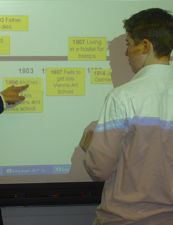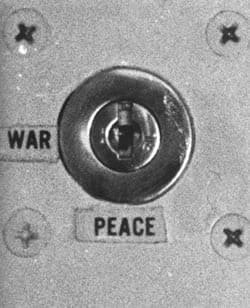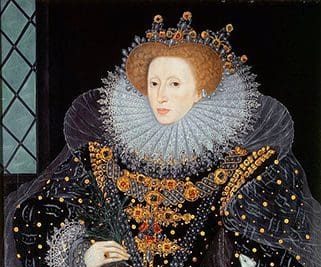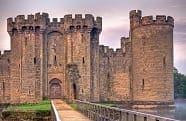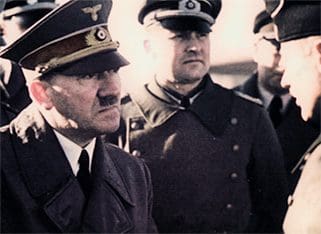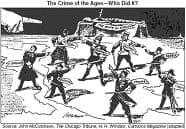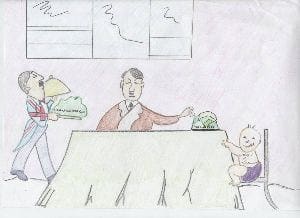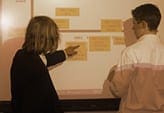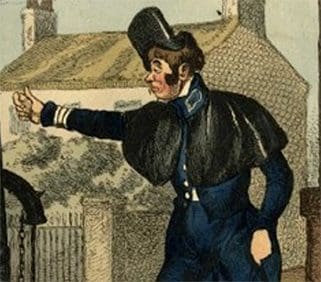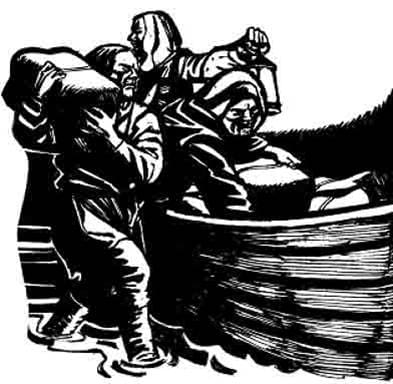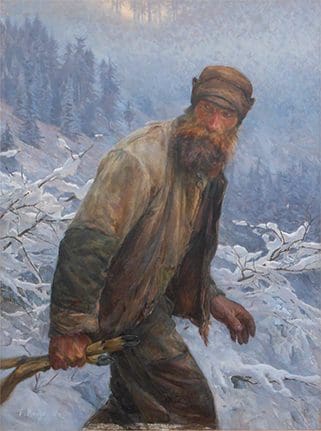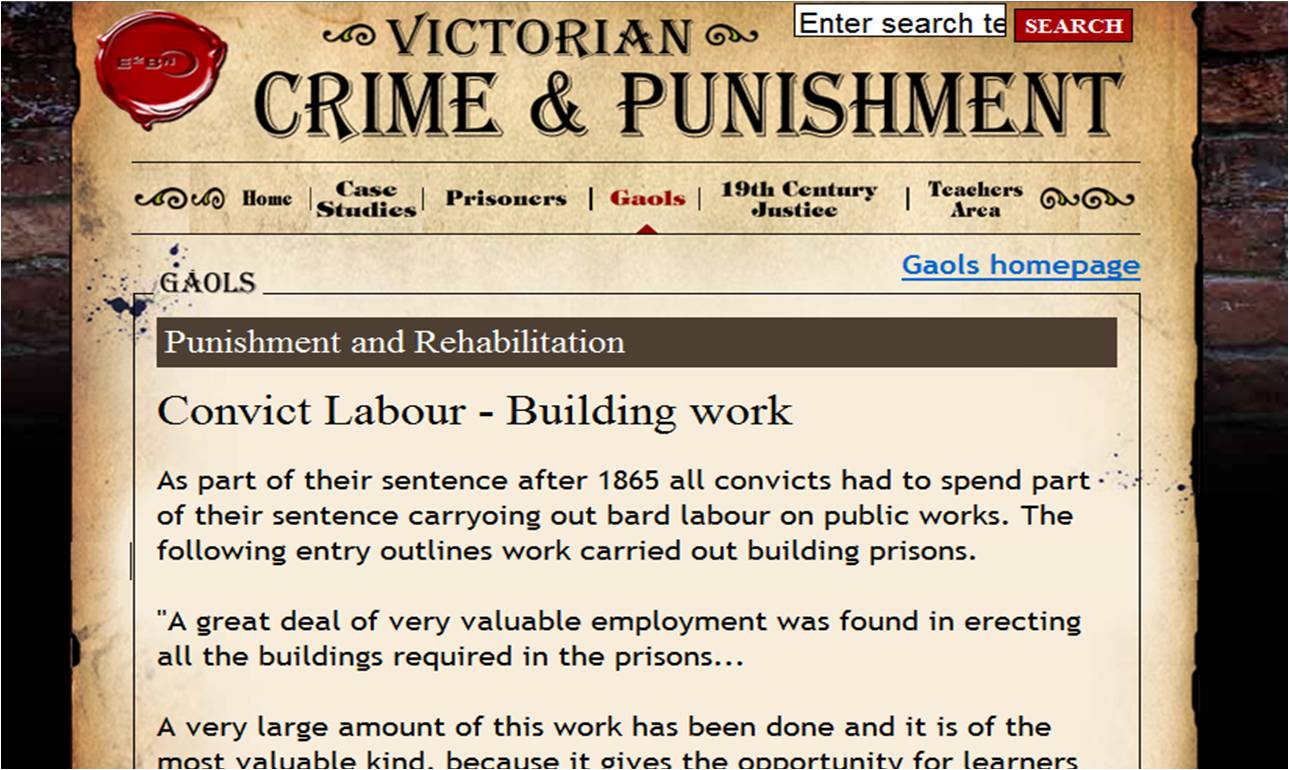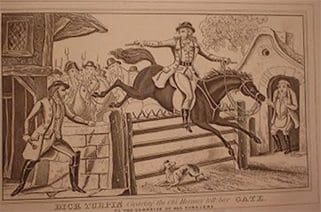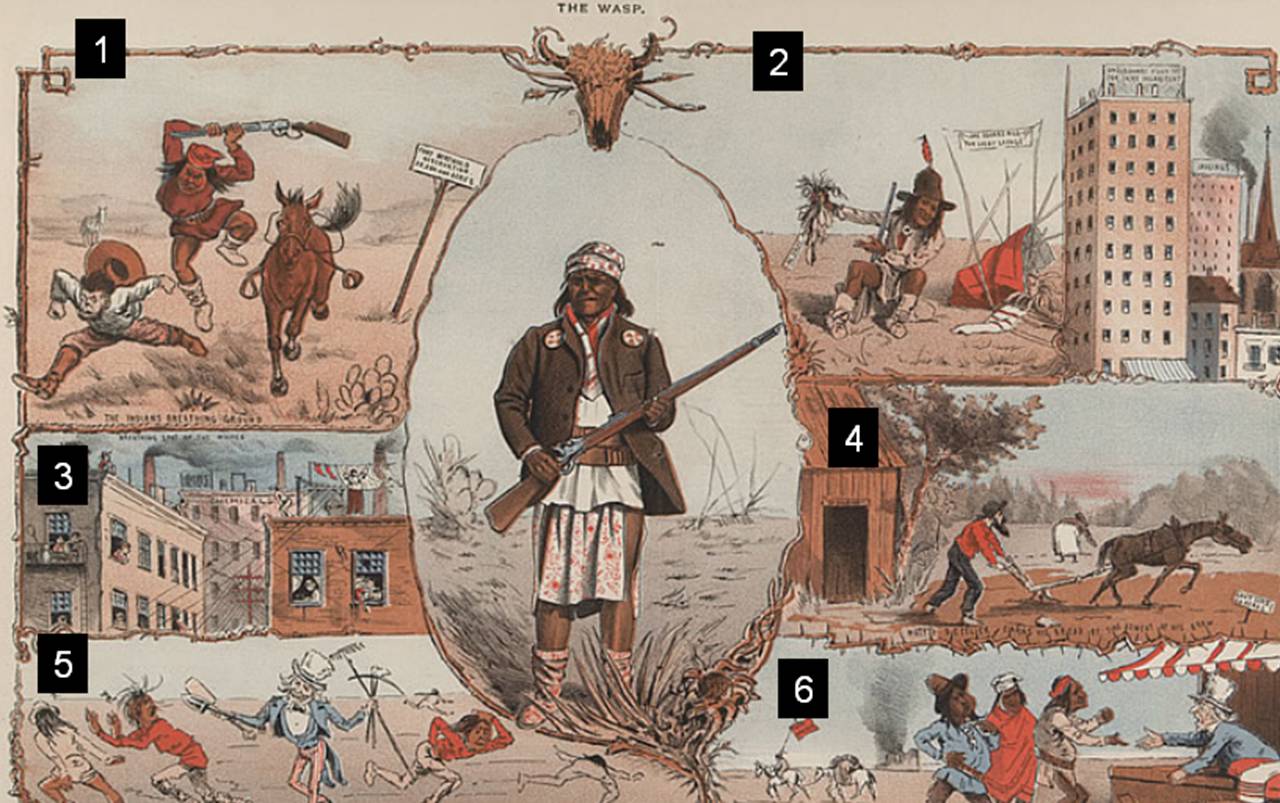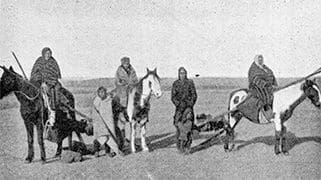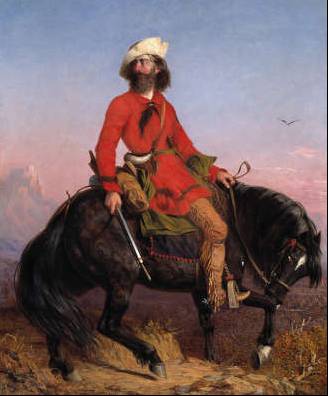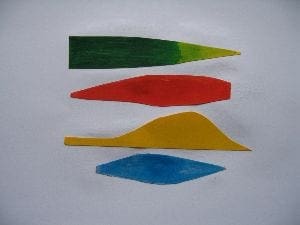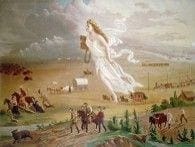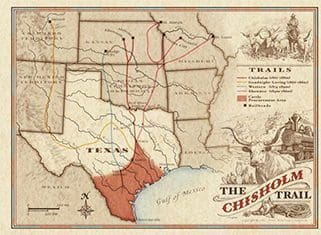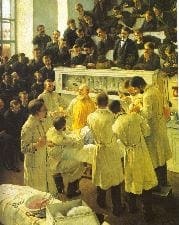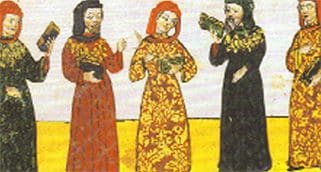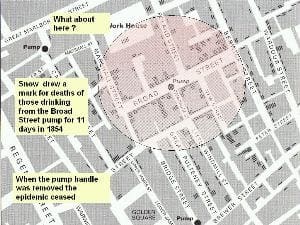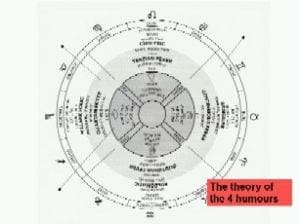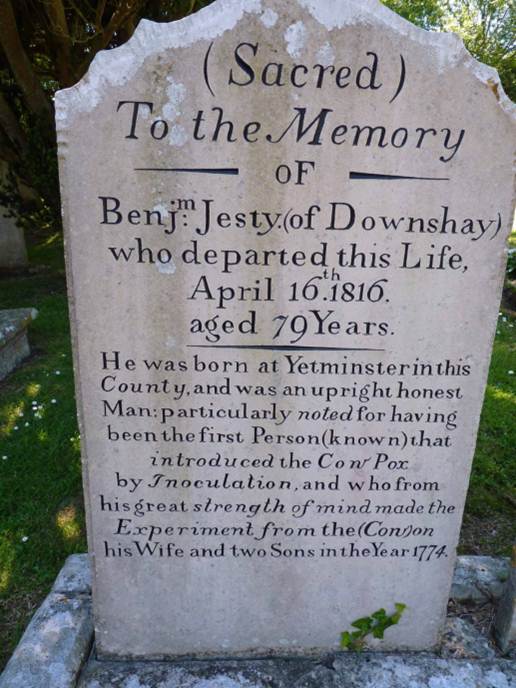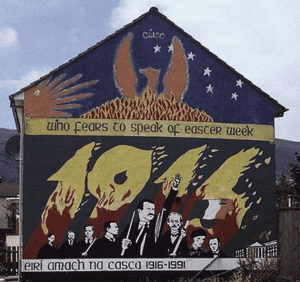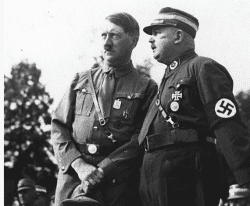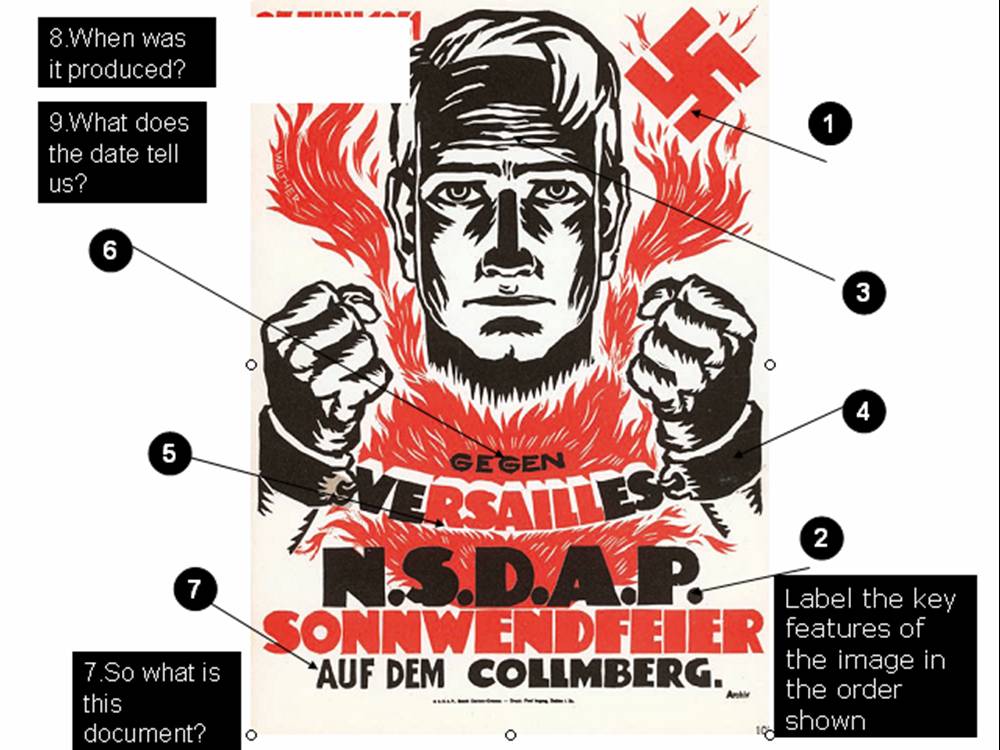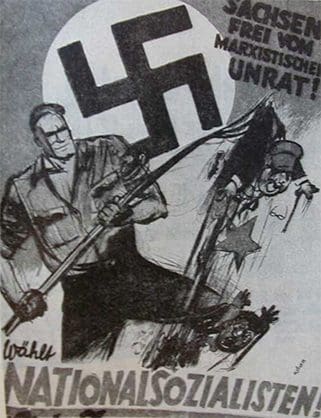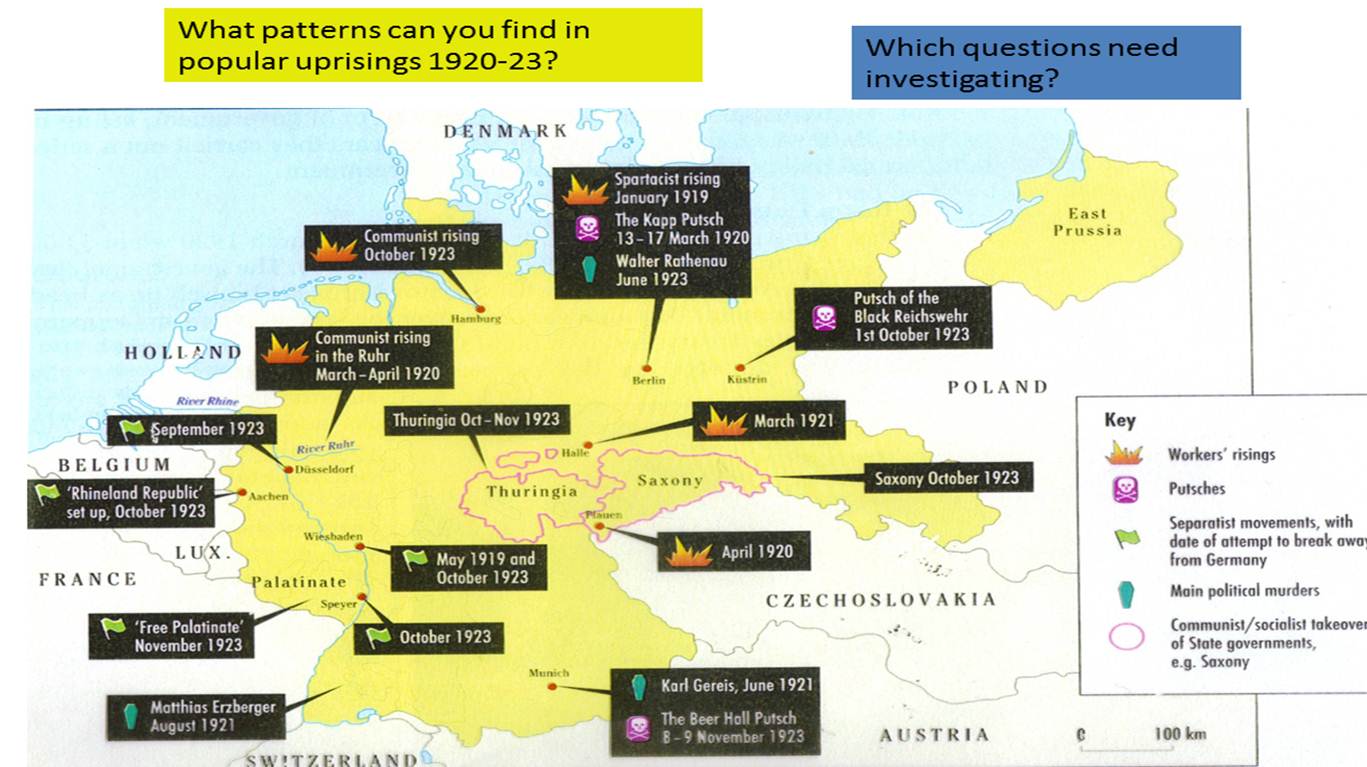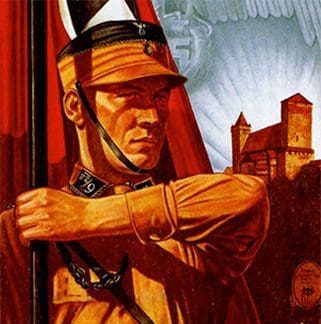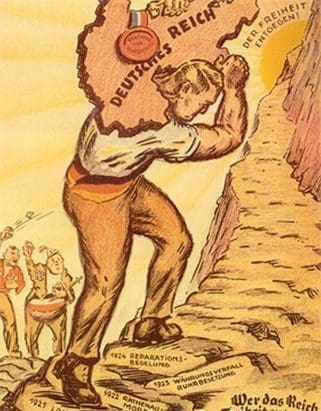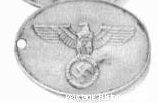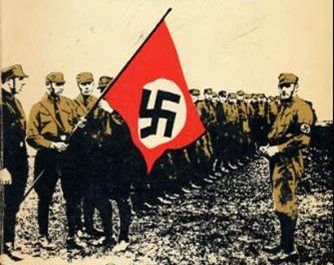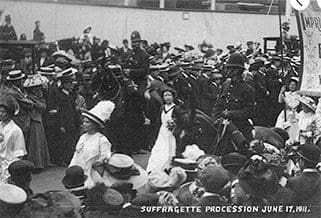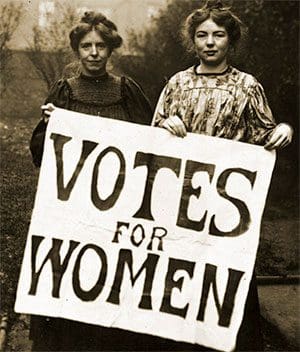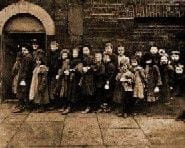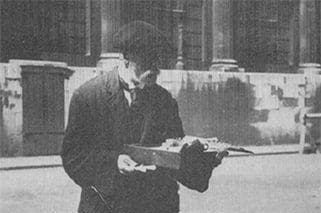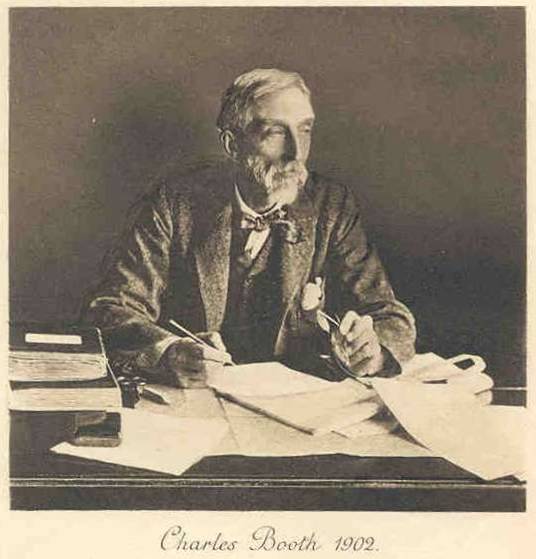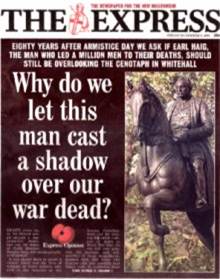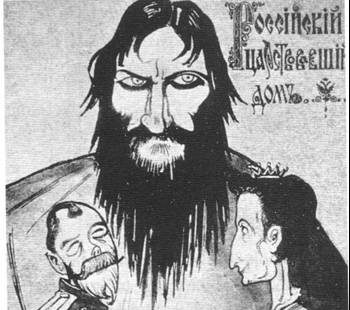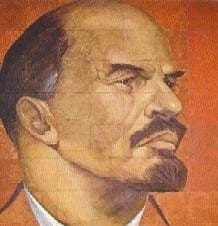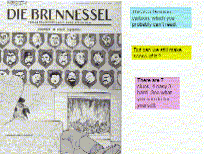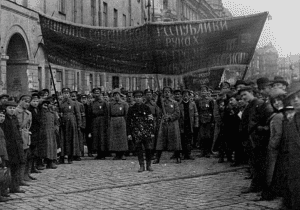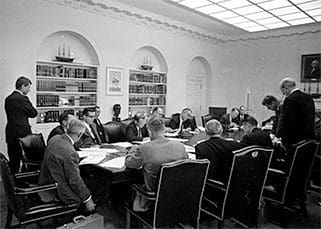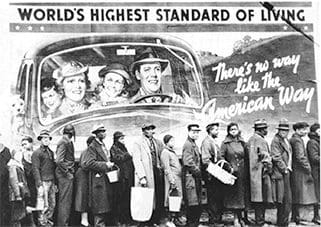Key stage 4 history
The end of the Cold War for new GCSE history: taking a fresh look
In a recent article in Teaching History David Reynolds offers some clear insights into this period which might help to…
Read MoreElizabeth and the Catholic threat: Elizabethans GCSE Smart Task
Asking questions in history. Elizabeth’s policy towards the Catholics: students use a graph to raise their own enquiry questions which…
Read MoreHistoric Environment GCSE: Castles
Castles: 2 Smart Tasks Those of you who are studying the castles topic, maybe as part of the OCR specification,…
Read MoreMarket place: Why I didn’t oppose Hitler.
To help pupils to understand why so few people opposed Hitler in the 1930s the use of this market place…
Read MoreKS3 & 4 The Causes of World War One: The Blame Game
This smart task which can be used from Y9 or for GCSE can be used as a form of diagnostic…
Read More20 Imaginative products at Key Stage 4
This part of the site offers an initial short list of the best twenty products I have seen in the…
Read MoreSqueezing the sources dry: how to make the most of source work in GCSE history
The downloadable six page document on answering source-based GCSE questions: matching learning strategies to question type, summarises the best advice…
Read MoreTeaching GCSE History: Terrorism and the Iraq war
This section is included mainly to help teaching of the new OCR’s History Modern World unit entitled A New Age…
Read MoreWhy was the Metropolitan Police Force set up in 1829? Smart Tasks
This activity forms the central spine of a lesson on the reasons for setting up the Metropolitan Police Force in…
Read MoreCrime and Punishment starter: Smuggling – SMART TASK
This simple smart task uses the rather unusual source of a famous Kipling poem to ascertain what students already know…
Read MorePoaching: Need or Greed? A 3 minute starter SMART TASK KS4
Throughout history, people have had different views of poachers. Were they: a. Starving labourers, snaring game to keep body and…
Read MoreGCSE SHP Crime and Punishment: How and why did Victorian prisons change in the first half of Victoria’s reign
Introduction The Chief Examiner’s report for OCR made the following point: “A number of reports have identified 19C prison reform…
Read MoreWould you have liked to have been a highwayman? Why would you have stopped?
In this lesson students have to persuade others to become a highwayman and then have to work out why they…
Read MorePosting punishments in periods: an active approach to creating overviews in crime and punishment
This lesson draws on, and extends, an idea developed by Ian Dawson at Trinity and All Saints College. Students work…
Read MoreHow effective was the Metropolitan police force and how would we find out?
This enquiry-led activity focuses on students considering the possible evidence base, as well as knowing how to evaluate existing evidence…
Read MoreAttitudes of the US government to the native Americans: milking an image for meaning
The simple PowerPoint presents students with an image which has six separate panels for them to investigate. Only by exploring…
Read MoreWhy did the Indians lose control of the Great Plains? I want that for my essay SMART TASK KS4
Students work in pairs to answer a GCSE question. They have cards of relevant information to sort through to help…
Read MoreMountain Men – Myth and Reality SMART TASK KS4
Having looked at the role of Indian trappers who had been supplying skins to British, French and Spanish traders on…
Read MorePhases of Native American life on the Plains 1840-1890: What patterns can YOU see?
This lesson comes at the end of work the students have done on the Native Americans and their interaction with…
Read MoreManifest destiny: beat the textbook/expert caption
Students find this a fun lesson in which they not only consolidate their knowledge of the people who crossed the…
Read MoreHow can we explain the rise and boom in the cattle industry?
This enquiry starts with students posing 7 expert historical questions, stimulated by a graph. They then set about investigating their…
Read MoreChanges in surgery; late 19th century: a puzzle. Can students use all the contextual clues to work out when it was painted?
This lesson was kindly provided by Barbara Seymour who trialled it when she was Head of History at John Hunt…
Read MoreWho mattered most in medieval medicine? Who would you have on your textbook front cover from 1500?
One way of getting students to think about change and continuity in medieval times is to show them textbooks that…
Read MoreHow did John Snow make the breakthrough with cholera?
This lesson focuses on problem-solving. Instead of simply telling students how clever John Snow was, or showing them a video…
Read MoreThe impact of the theory of the four humours on medicine: the case of the three tadpoles!
This lesson was conceived, taught and evaluated by Simon Harrison, when he was an Advanced Skills Teacher, Swanmore Technology College…
Read MoreWho deserves to be remembered as the inventor of vaccination: Jenner or Jesty?
During this enquiry students work in two teams one using textbooks and websites to put forward the traditional claim that…
Read MoreSMART TASK: Overview of Irish history; a question of perspectives.
This smart task looks at iconic moments in Irish history and then challenges students to think how well each event…
Read MoreSMART TASK Key Stage 4: How should we remember the Easter Rising?
Recap This is the concluding lesson on the Easter Rising. If you want a good recap so that students hit…
Read MoreSMART TASK Key Stage 4: Why was Rohm murdered?
If Ernst Rohm was one of Hitler’s closest allies, as you can see in this photo, why then did he…
Read MoreTreaty of Versailles: could it possibly be to blame for the Weimar Republic’s defeat nearly 14 years later?
This SMART task revolves around 6 slides on one PowerPoint presentation. It comes as a penultimate activity prior to students…
Read MoreSMART TASK: Weighing up the evidence for who caused the Reichstag Fire
This task follows a more open-ended investigation of written sources on the Reichstag Fire. Most of you will already do…
Read MoreSMART TASK Key Stage 4: Working out what the election posters tell us about Who Voted Nazi
This simple task engages students in thinking for themselves why people voted for Hitler in the 1930s. It uses the…
Read MoreSMART TASK Key Stage 4: Germany 1920-23; problems facing Weimar
This activity was designed for more able students working towards a Modern World History GCSE in Year 10. It leads…
Read MoreWas Leni Riefenstahl’s ‘Triumph of the Will’ a Documentary or Propaganda?
This Y10 lesson provides a very good balance between thought and activity. Having discussed the differences between a propaganda film…
Read MoreWhat were the main threats facing the Weimar Republic?
Students often fail to look carefully at ALL parts of a cartoon, photograph or poster. To help them to take…
Read MoreHow much did the Gestapo really control people’s lives in Hitler’s Germany?
This enquiry-based lesson acquaints students with a live political controversy using an excerpt from ‘The Nazis: a warning from history’ video to…
Read MoreDid all Germans benefit equally from life under the Nazi regime 1933-45?
This GCSE lesson , which could also work at AS level, uses two principal activities, known as ‘market place’ and…
Read MoreSMART TASK: A Suffragette procession: comparing the evidence
Whether you are studying the OCR unit, AQA or Edexcel you should find this activity helpful. The activity builds on…
Read MoreWhy did some women get the vote in 1918? How do YOU see it?
This lesson provides an excellent example of active learning, combining thinking skills and work on interpretations. Students start with one…
Read MoreHow far did the Liberal government of 1906-14 improve the health of children?
This highly relevant lesson offers a major contribution to the Every Child Matters agenda on staying healthy, as well as…
Read MoreHow serious was the German naval threat before the First World War?
This lesson launches an enquiry in which students work in teams to arrive at their own answer to this question. …
Read MoreHow have cartoonists portrayed the Liberals Old Age Pensions reforms?
This lesson takes a familiar cartoon but gives it an original twist. Instead of seeing the cartoon all at once,…
Read MoreReasons for reliability. How reliable a witness would Charles Booth make in an investigation into living conditions at the end of the 19th century ?
This lesson focuses on encouraging students to evaluate the testimony of just one man, Charles Booth. It opens with an…
Read MoreShould the statue to Haig be taken down from Whitehall?
This active lesson asks students to work in teams to weigh up the arguments for and against the proposal of…
Read MoreDownfall of the Tsar
This lesson, taught to a group of poorly motivated Y10 students followed a description of events leading to the February…
Read MoreLenin the Final Verdict
This lesson makes students active participators in the debate over Lenin’s contribution to the Russian Revolution. It comes at the…
Read MoreInterpreting a political cartoon of Stalin
This lesson revolves around a cartoon annotation and inference activity leading to a detailed and authoritative caption. It concludes the…
Read MoreWhy did the Reds win the Russian Civil War? A history mystery to explain why the reds were able to SLUG it out
This lesson encourages students to take their understanding of the events of the Russian Civil War to a new level…
Read MoreSMART TASK Key Stage 4 – Kennedy and the Cuban Missile Crisis
With the 50th anniversary of the Cuban Missile crisis in the news, it is worth spending time reviewing Kennedy’s reputation….
Read MoreNew Deal or No Deal? How has the New Deal been criticised?
This lesson is an active one in which students co-operate in order to put the best case they can against…
Read More
